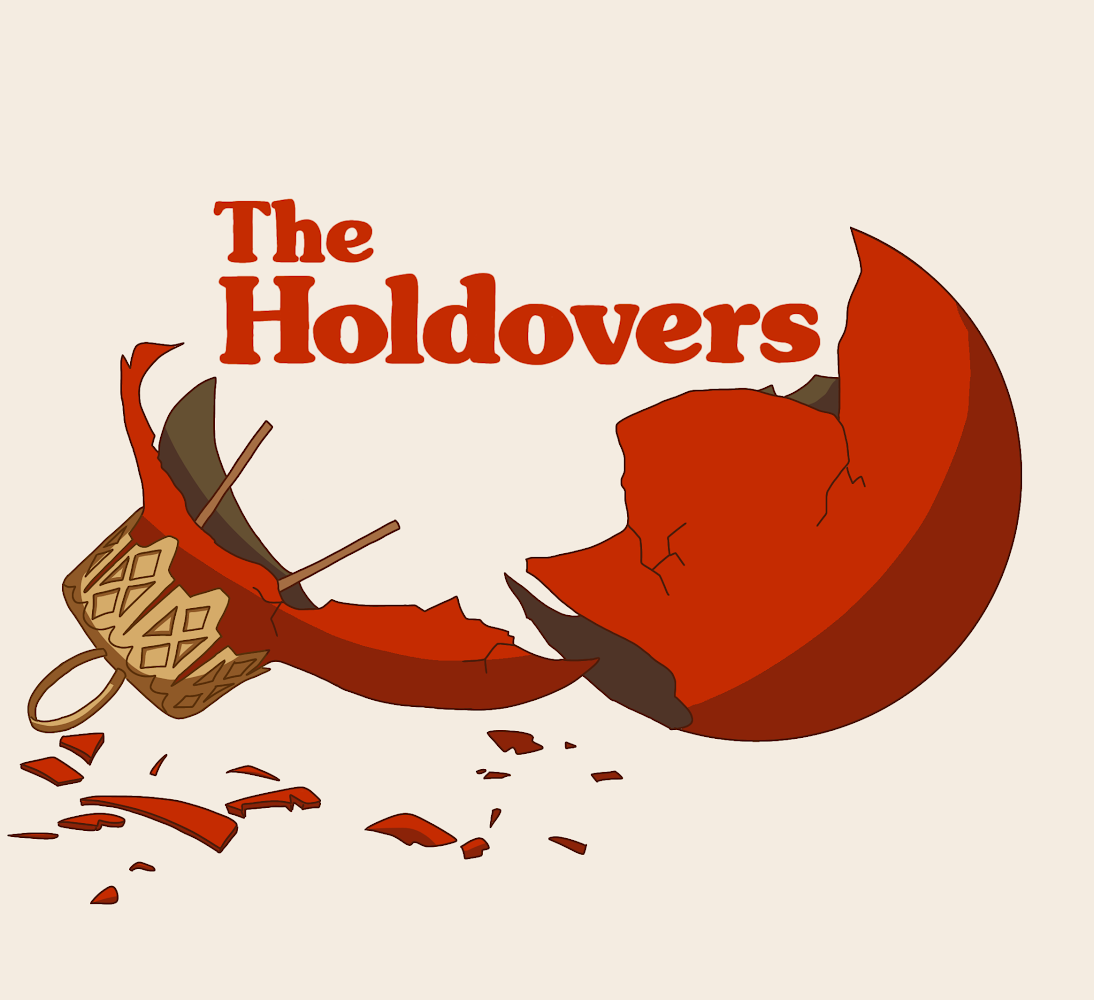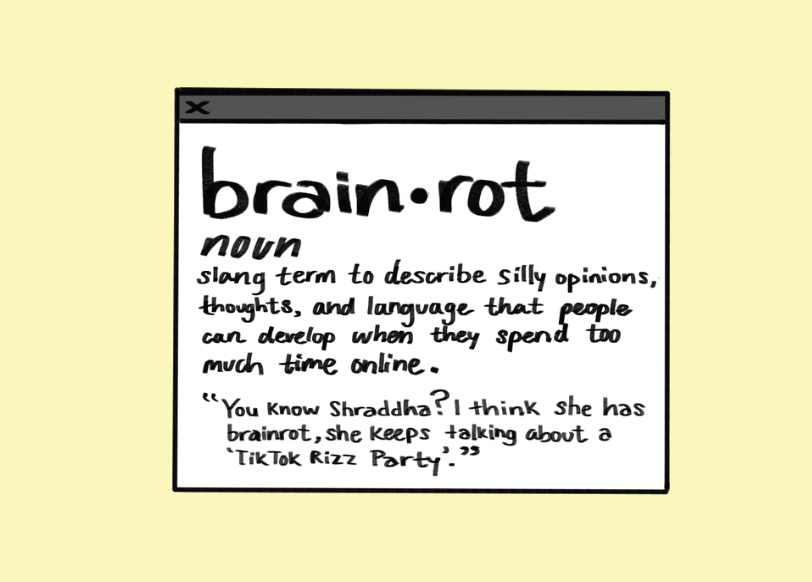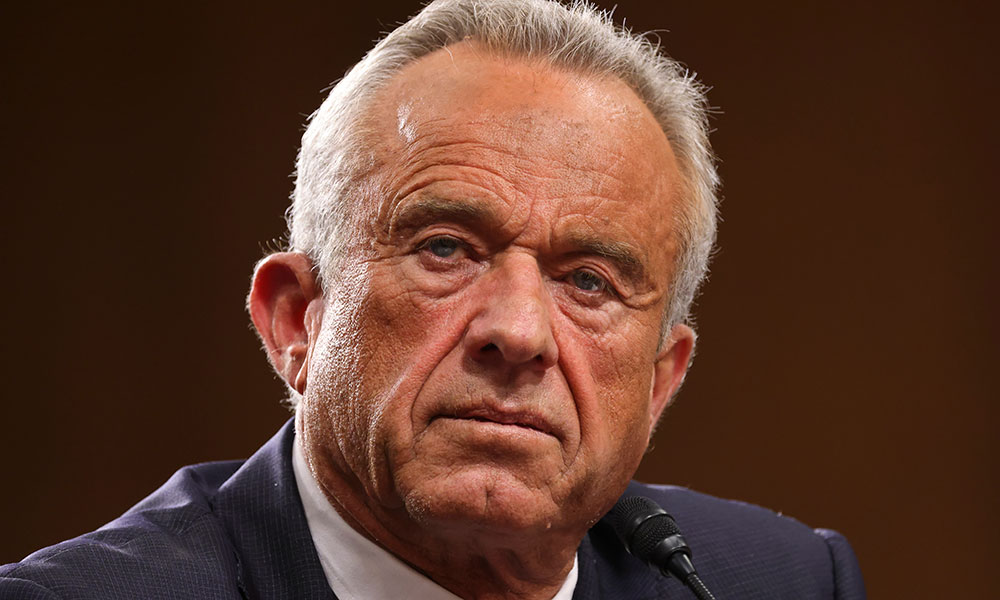“The Holdovers” cleverly blends emotional hardship with comedic relief and critiques through his use of well-known tropes. Released on Oct. 27, 2023, “The Holdovers” won two Golden Globes and three Critics Choice Awards amongst other nominations this awards season. The film takes place at an all-boys boarding school in New England during the early ‘70s. As winter break ensued, a stern and disfavored teacher Paul Hunham, played by Paul Giamatti, was forced to be the sole faculty member overseeing the few kids who were not returning home for the holidays. After one of the students’ fathers arrives in a helicopter and proposes to take all the students on a ski trip, Angus, played by Dominic Sessa, is the only student forced to stay at Barton Academy. The cafeteria administrator, Mary Lamb, played by Da’Vine Joy Randolph, also stays behind as she grieves the loss of her Barton alumni son who died serving in Vietnam. Throughout the film, the audience sees the rich character development and bonds created between the three, seemingly misfit characters, as they overcome preconceived notions based on class and wealth.
“The Holdovers” is a simple and predictable narrative that allows us as the audience to go deeper into the three lead characters. The three characters’ unlikely bond perpetuates many typical movie clichés and archetypes that pay homage to films like “The Dead Poets Society” and “The Breakfast Club.” “The Holdovers” falls into the trope of unlikely friendships and elevates it so that the audience progressively sees the evolution in the characters’ mindsets. Angus and Paul start very rocky as Paul’s curmudgeon attitude toward his elitist and spoiled students leads him to believe the worst of Angus. This made him become a social pariah among his fellow faculty and disliked by his students.
Similarly, Angus is seen as a loner as well, isolated not only by his peers but his family as well. Later, the audience sees their relationship develop as similarities between the two characters become more apparent. The relationship dynamic that they foster is comedic but also sentimental as the parallel between the two characters tugs on your heartstrings as Paul takes on more of a caretaker role in Angus’s life.
Given the setting of “The Holdovers,” Director Alexander Payne infuses social commentary on private education with the lesson of not judging a book by its cover. For instance, Mary is overlooked like many noneducator faculty are by students, including Angus, who see her as just a lunch lady, not as the grieving self self-sacrificing mother that she is. The viewer learns that she took the job as the cafeteria administrator at the school to provide the opportunity for her son to attend Barton. However, her son was not able to afford college and was drafted into the Vietnam War. It is only until later that we see her use of alcohol as a coping mechanism after the death of her son.
Paul, who went to Barton through a scholarship, recognizes the inequities in the private school system as it perpetuates nepotism and refuses, as an educator, to allow himself to sustain favoritism. As a result of this, his initial impression of Angus is false as he assumes that he is like all of the other students who were born with silver spoons in their mouths. Payne masterfully constructed characters with depth that critiqued private education and wealth.
Like many other movies, “The Holdovers” ends with bittersweet satisfaction which is the perfect conclusion to a story that surrounds the idea of new beginnings and not allowing the past to haunt you. This is a somewhat cliché message but is delivered in such a way that it feels brand new. An ode to 1970s cinematography in the purest form, “The Holdovers” is a comedic and modern take on holiday movies.




















